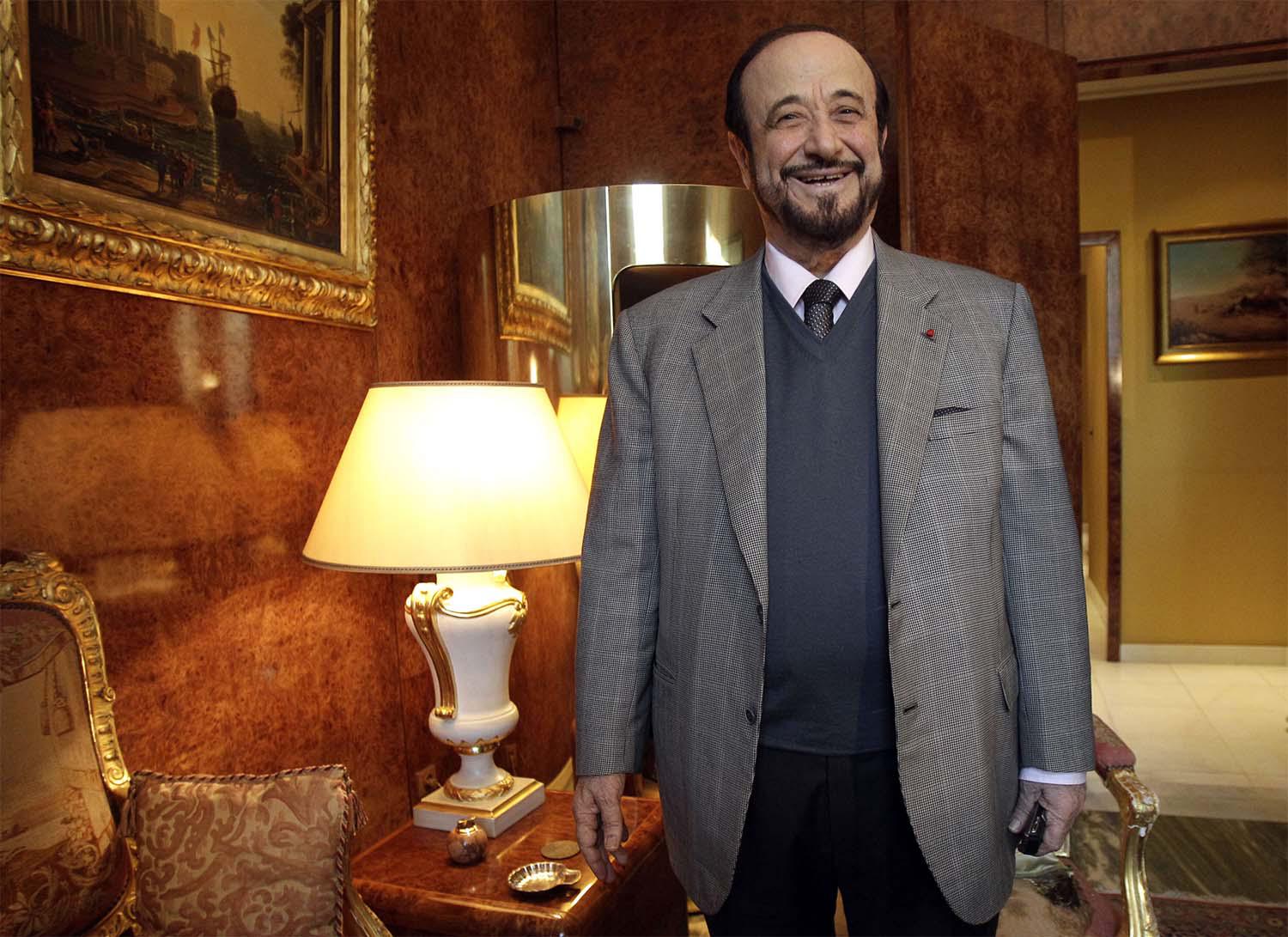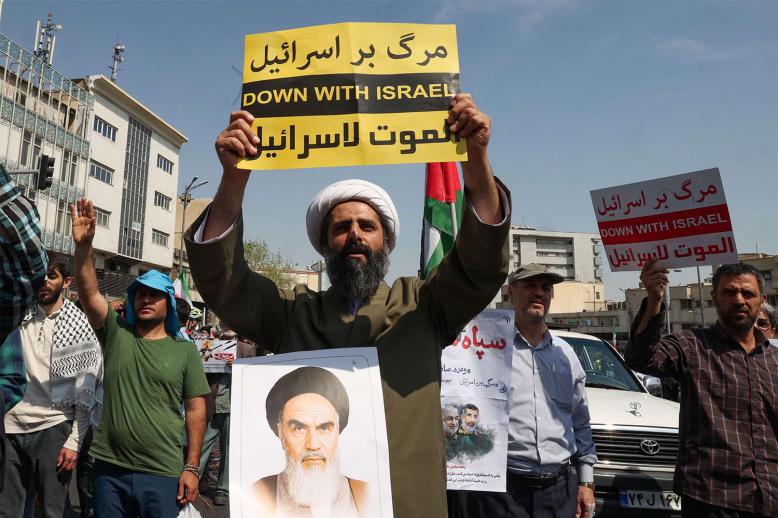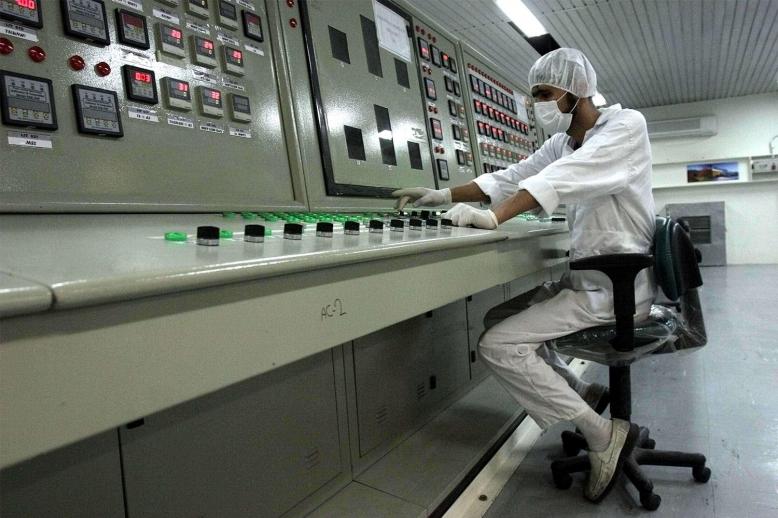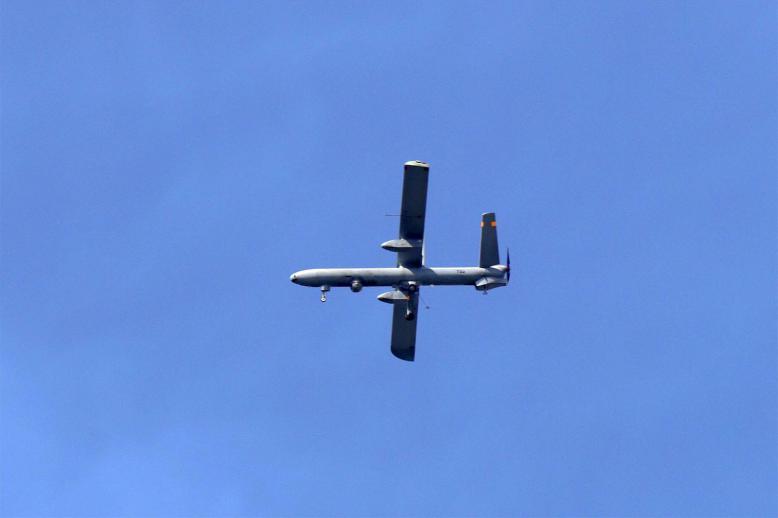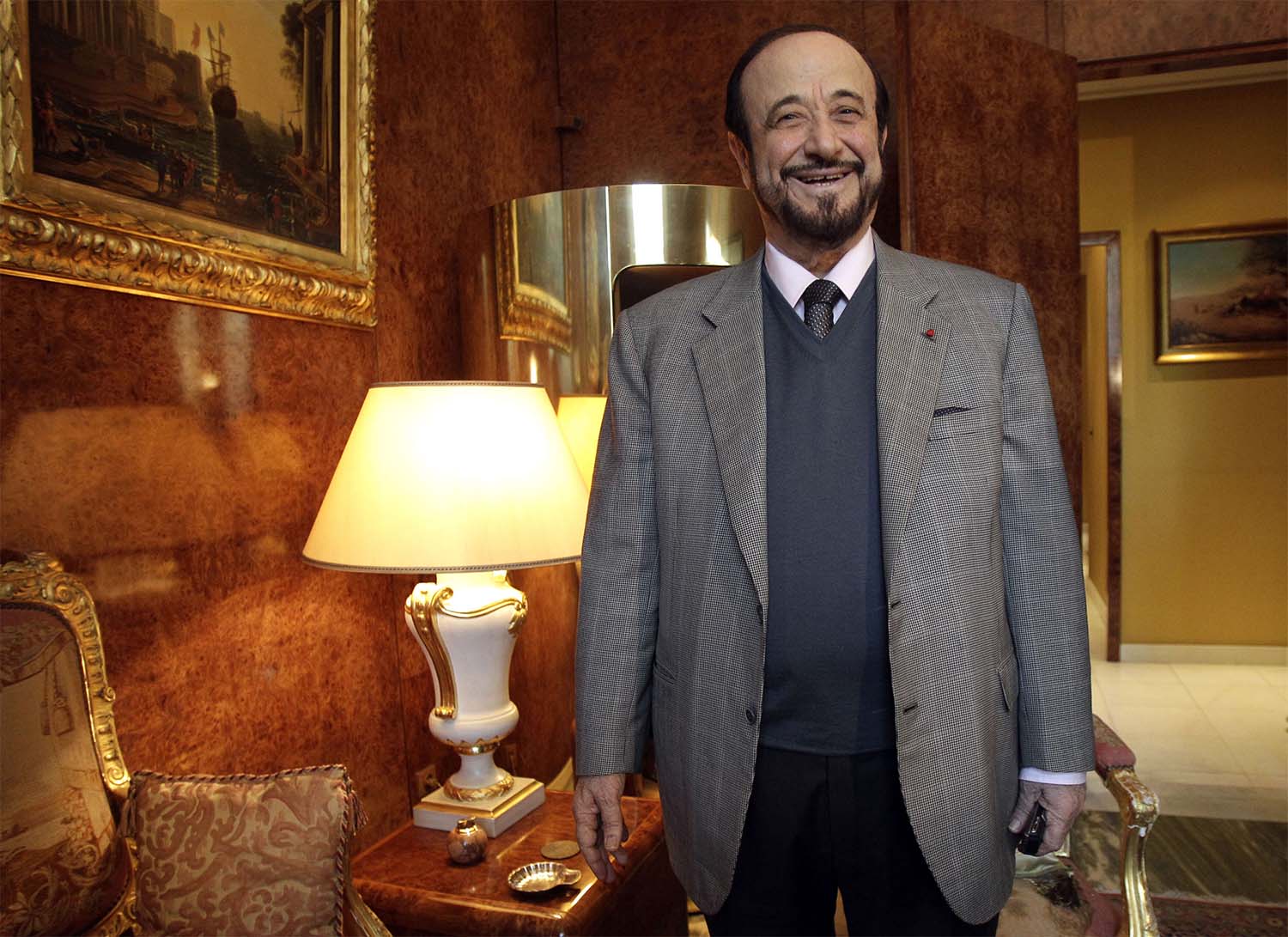Assad allows exiled uncle to return to avoid prison in France
BEIRUT - President Bashar Assad allowed his exiled uncle back into Syria to avoid serving a four-year prison term in France, where he had spent more than 30 years, a Syrian pro-government newspaper reported late Friday.
Rifaat Assad's lawyer confirmed his client has left France, denying he fled French justice.
Assad, 84, was sentenced last year for illegally using Syrian state funds to build a French real estate empire. He did not attend the trial because he was in poor health, and a French appeals court has upheld the sentence. Assad's lawyer took the case to France's highest court, which is yet to render its ruling.
Al-Watan, a pro-Syrian government newspaper, reported the return of the elder Assad, who fled Syria in 1984 after he led a failed coup attempt against his brother, late President Hafez Assad. Rifaat Assad had served as a vice president and a top commander in the Syrian army.
In 1986, he received France’s highest distinction, the Legion of Honor, which was widely criticized.
The paper said President Bashar Assad has forgiven his uncle. It said he was allowed to return to Syria on Thursday to avoid serving time in France and after his properties in Europe were confiscated.
Rifaat Assad “never fled French justice, and remains free in his movements to this day,” his French lawyer Cedric Antony-Btesh said in a written statement to The Associated Press. "For seven years he responded to all summons and requests from the authorities to prove his innocence.”
“At 84 years old, his medical state — which already did not allow him to participate in his trial — would be incompatible with incarceration," Antony-Btesh said.
The lawyer added that if the sentence is upheld by France's highest court, it would be amended to house arrest. “But he no longer has a (house)," he said. “Therefore he didn’t flee, he was chased out."
Rifaat Assad was nicknamed “the Butcher of Hama” after human rights groups alleged he supervised an assault that crushed a 1982 uprising in the west-central Syrian province of Hama. He has denied any role in what came to be known as the Hama massacre. He has also been linked to the killings of hundreds of prisoners and Syrian army abuses in Lebanon in the 1970s and early 1980s.
Transparency International and French anti-corruption group Sherpa filed a complaint in 2013 accusing him of using shell companies in tax havens to launder public funds from Syria into France. His French holdings, which include several dozen apartments and two luxury townhouses in Paris, have been valued at 90 million euros ($99.5 million). The watchdog groups say the sum is well beyond what he could have earned as a Syrian vice president and military commander.
He was convicted of money laundering and diversion of public funds. He denied wrongdoing and said the funds that allowed him to buy his French real estate came from generous gifts from his 16 children and Saudi royals.
But he is also being investigated in Switzerland for war crimes related to the 1982 Hama massacre.
Late President Hafez Assad allowed his younger brother to return briefly to Syria in the 1990s to attend his mother’s funeral. But Rifaat was quickly declared a persona non-grata and forced to leave as he was considered a threat to Hafez's succession plan for his son, Bashar.
Rifaat Assad questioned the constitutionality of Bashar Assad's rise to power in 2000 and organized opposition to his government from abroad. But he is not believed to have any political weight among the opposition, which had a deep mistrust for the ambitious former military commander.

